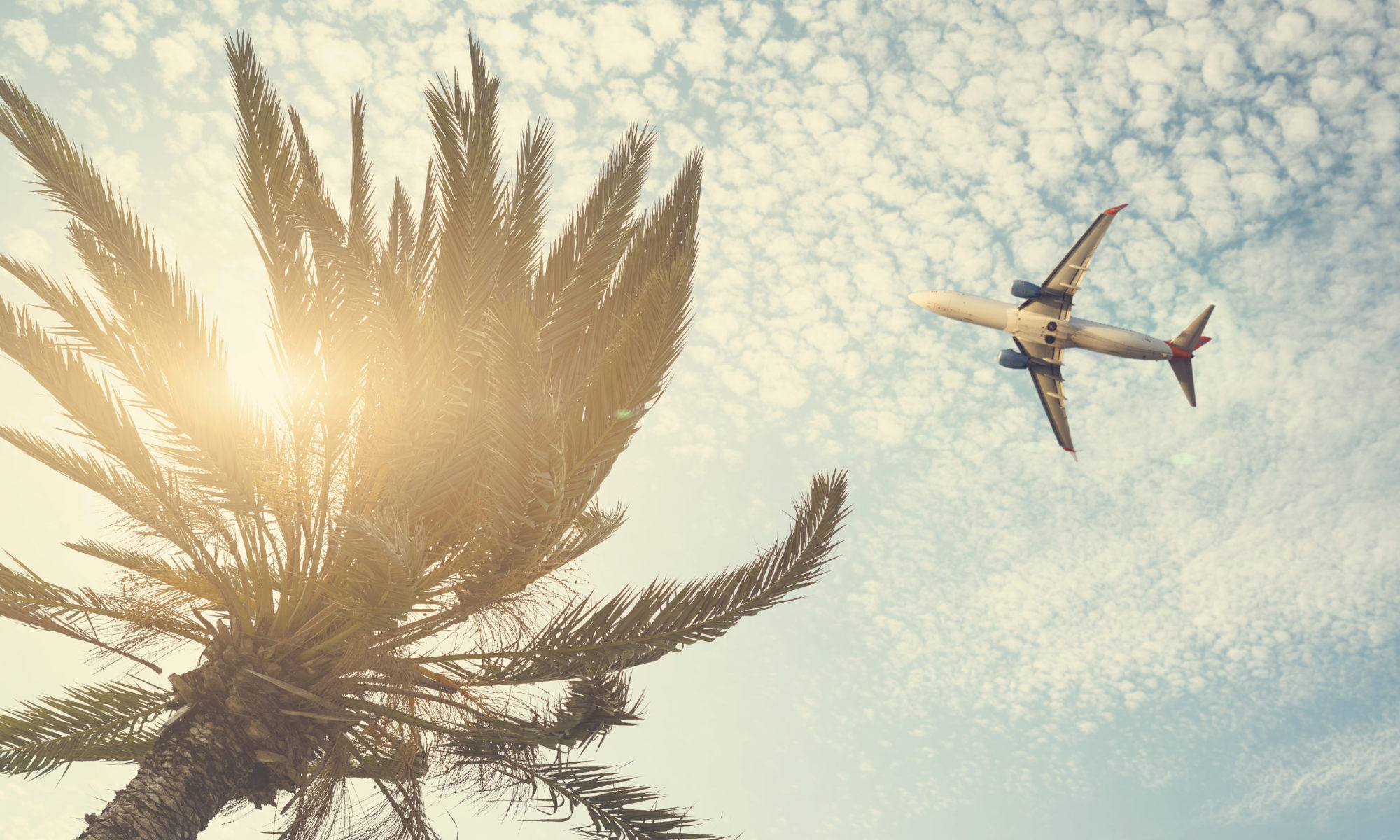Brazil’s air travel industry has seen a dramatic surge in prices, based on data from the National Civil Aviation Agency (ANAC), with the average ticket price reaching a peak not seen since 2010.
This trend became apparent in 2022, which now stands as the year when air travel was the most expensive in recent history.
Several factors are believed to be driving this increase.

The global Covid-19 pandemic, the escalated dollar rate, and a rise in aircraft fuel prices all contribute.
Besides, air travel has become more costly due to additional expenses such as luggage check-in fees implemented in 2017.
Brazil’s air travel sector expanded significantly after the early 2000s when airlines were granted the autonomy to set domestic fare prices.
The increased competition and investment sparked by the formation of Anac in 2005 led to a reduction in ticket prices, making air travel more accessible for Brazilians.
Despite the current trend of escalating prices, the overall demand for air travel, measured by Revenue Passenger-Kilometers (RPK), has shown a marked increase since 2000, barring a significant dip during the Covid-19 pandemic.
An array of factors influence ticket prices, such as global oil prices, exchange rates, competition, travel distance, demand, and even ticket sales methods.
Yet, domestic tickets can sometimes cost more than international flights, largely due to Brazil’s size and its Tax on Circulation of Goods and Services (ICMS).
The current average ticket price, at R$576.19 (US$115) as of February this year, is the highest since 2014, even though 30% of tickets sold were below R$300.
The airline industry argues that dynamic pricing isn’t unique to air travel, and it also reflects inflation and the cost escalations seen across several sectors.
One of the main challenges the airline industry faces is the cost of aviation fuel, determined by Petrobras, which has risen by 129% from 2020 to 2022.
Political crises, such as Russia’s invasion of Ukraine, have further aggravated the situation.
The airline industry is calling for reevaluating how aviation fuel is taxed, considering that most fuel production is domestic.
During the Covid-19 pandemic, while many countries offered financial support to their airline industries, Brazil did not.
However, the Ministry of Tourism has mentioned several measures it implemented to support the industry during the pandemic.
More recently, the federal government announced the “Voa Brasil” program that aims to lower the cost of domestic airline tickets for certain groups of individuals to approximately R$ 200 per route flown.
There was a slight drop in airfare prices in May, but they are expected to remain high until airlines balance their books.
A significant decrease in airline ticket prices is hard to predict, given the complex economic factors at play.

